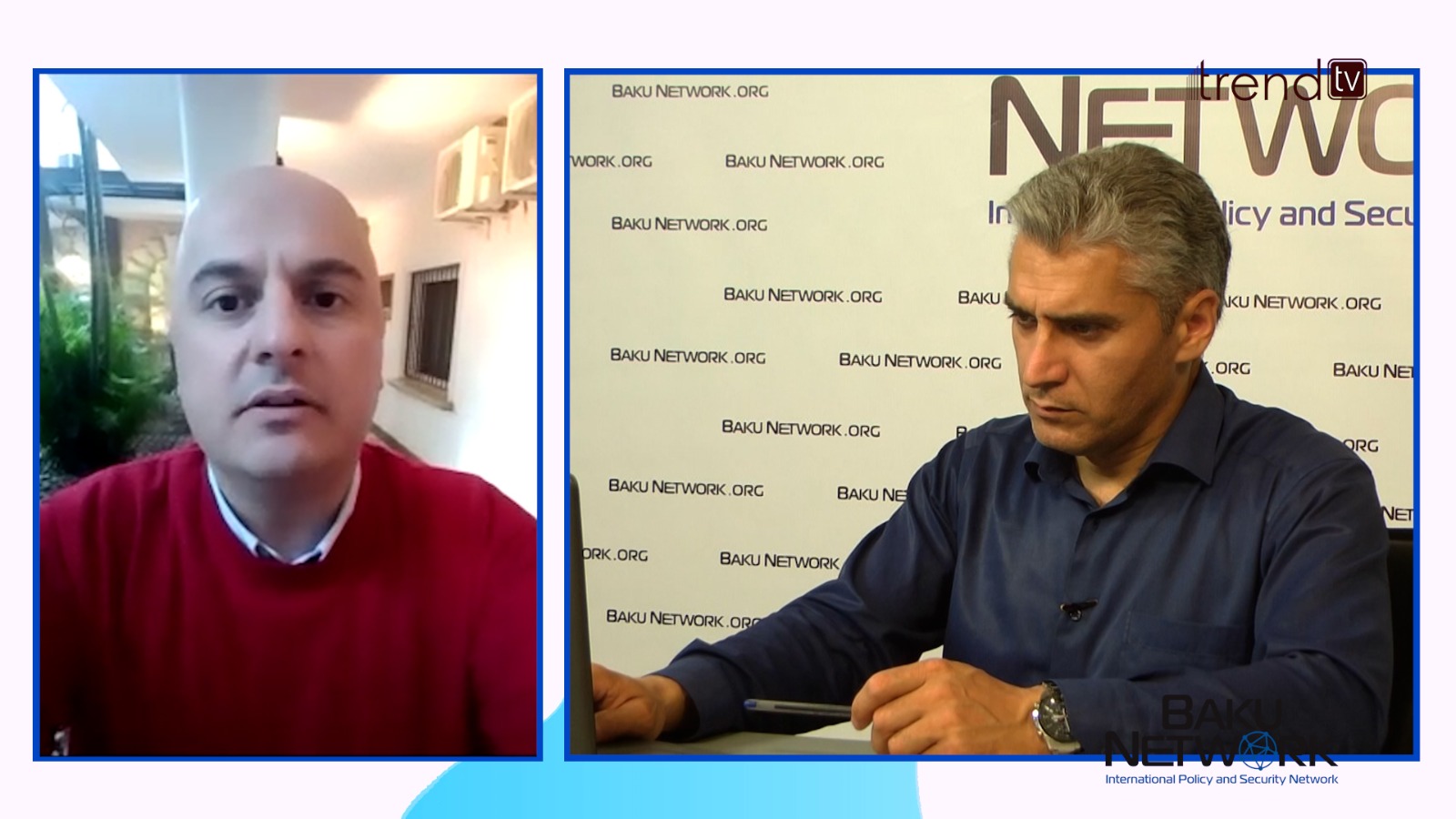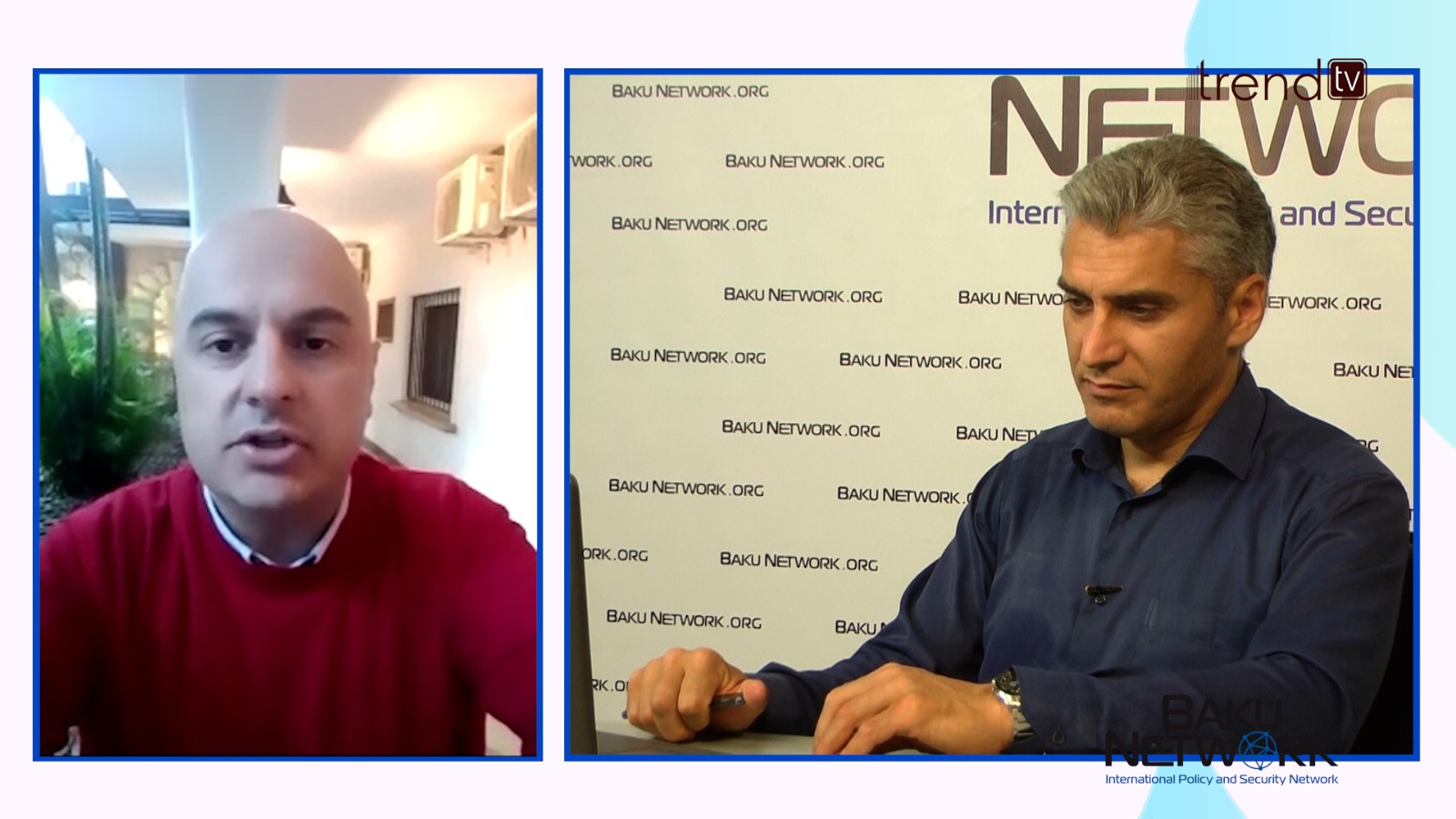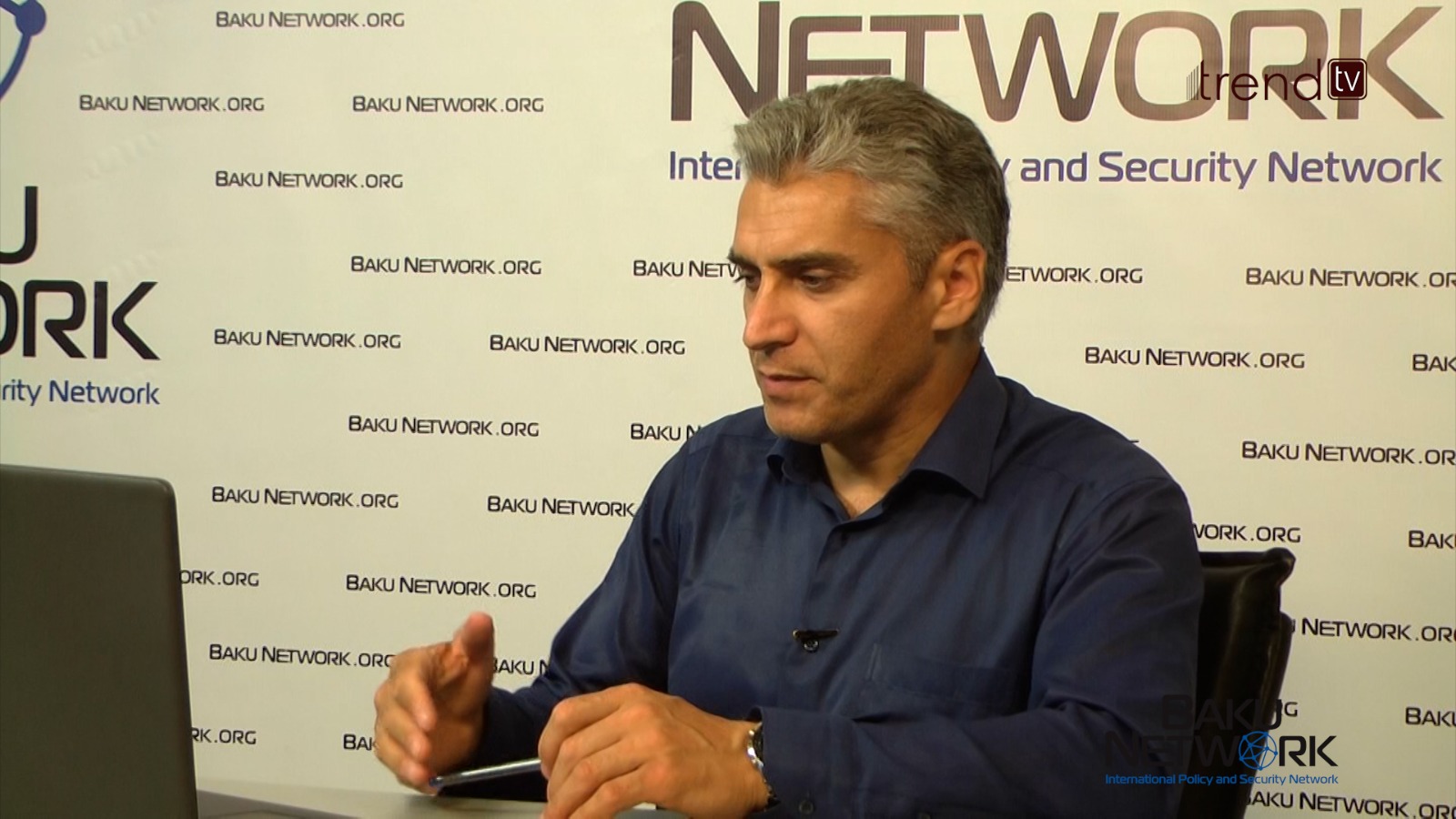BAKU, Azerbaijan, June 17. The South Caucasus has entered a period of relative calm and post-conflict recovery following decades of instability and occupation, particularly in the Karabakh region. However, uncertainty remains over the long-term prospects for peace, particularly regarding Armenia’s hesitancy to sign a final peace agreement with Azerbaijan.
This issue was at the center of a recent episode of Real World Order, a political program produced by the Baku Network think tank. The host, Elnur Enveroglu, interviewed Professor Peter M. Tase, a U.S.-based political scientist and expert on international relations and South Caucasus affairs.
Tase expressed serious concerns about the current state of its political institutions. He criticized Prime Minister Nikol Pashinyan, describing his government as “corrupt and incompetent,” and accused the Armenian church of undermining peace efforts. According to Tase, “The Armenian Apostolic Church has often taken divisive stances and promoted narratives that have hindered reconciliation and regional cooperation.”
Tase further noted that Armenia's domestic governance has deteriorated under Pashinyan's administration. “Democratic institutions in Armenia have significantly eroded,” he stated, asserting that the Armenian leader has spent heavily on lobbying campaigns in Europe to improve his international image.
Tase also addressed the future of the opposition in Armenia, arguing that a more active and responsible opposition could play a vital role in advancing a peace deal. He suggested that Armenian opposition parties should “advocate openly and wholeheartedly for peace with Azerbaijan” as a step toward national security and economic development.
Regarding international institutions, Tase sharply criticized the OSCE Minsk Group, calling it obsolete and ineffective. “The Minsk Group has caused more harm than good,” he said, claiming it perpetuated misunderstandings and misinformation about the situation on the ground, including during diplomatic visits by foreign leaders.
He also criticized the European Union and the United States for what he sees as a failure to address Armenia’s internal political problems and their implications for regional stability. “The EU must exert stronger pressure on Armenia to become more transparent and cooperative,” Tase said.













